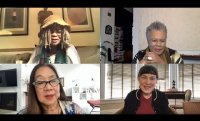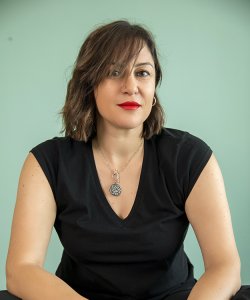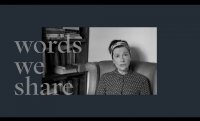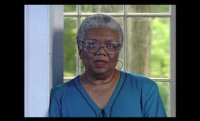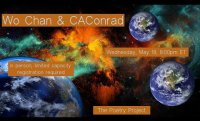Upcoming Contest Deadlines
With July already underway, it’s never too soon to start submitting to contests with a deadline of July 31! These competitions offer unique awards such as two cases of Dogfish Head craft beer, a weeklong residency at the Anam Cara Writer’s Retreat in West Cork, Ireland, and 20 copies of a letterpress broadside of a winning poem, alongside cash prizes of at least $500. One contest even has no entry fee. Cheers, writers!
Connecticut Poetry Society Experimental Poetry Contest: A prize of $1,000 and publication in Connecticut River Review will be given annually for an innovative poem. Richard Deming will judge. Audio and video recordings are eligible. Entry fee: $15.
Dogfish Head Craft Brewed Ales Dogfish Head Poetry Prize: A prize of $500, publication by Broadkill River Press, 10 author copies, and two cases of Dogfish Head craft beer are given annually for a poetry collection written by a poet living in Delaware, Maine, Maryland, New Jersey, New York, North Carolina, Pennsylvania, Virginia, Washington, D.C., or West Virginia. The winner is expected to attend a reading and award ceremony at the Dogfish Head Brewery in Milton, Delaware, on December 10. Lodging for a two-night stay at the Dogfish Inn in the beach town of Lewes, Delaware, is provided. Travel expenses are not included. Michael Glaser will judge. Entry fee: none.
Hidden River Arts Hawk Mountain Short Story Collection Award: A prize of $1,000 and publication by Hidden River Press is given annually for a story collection. Entry fee: $20.
Howling Bird Press Book Contest: A prize of $2,500 and publication by Howling Bird Press is given in alternating years for a book of poetry, fiction, or creative nonfiction. The 2023 prize will be awarded in nonfiction. Memoirs, essay collections, and other creative nonfiction are eligible. Entry fee: $25.
Munster Literature Centre Seán O’Faoláin International Short Story Competition: A prize of €2,000 (approximately $2,178) and publication in Southword is given annually for a short story. The winner also receives a weeklong residency at the Anam Cara Writer’s Retreat in West Cork and accommodation at the Cork International Short Story Festival. Entry fee: €19 (approximately $21).
Narrative Spring Story Contest: A prize of $2,500 and publication in Narrative is given annually for a short story, a short short story, an essay, or an excerpt from a work of fiction or creative nonfiction. A second-place prize of $1,000 is also awarded. The editors will judge. All entries are considered for publication. Entry fee: $27.
New Millennium Writings Awards: Four prizes of $1,000 each and publication in New Millennium Writings and on the journal’s website are given twice yearly for a poem, a short story, a short short story, and an essay that have not appeared in a print publication with a circulation over 5,000. All entries are considered for publication. Entry fee: $20.
Press 53 Award for Poetry: A prize of $1,000, publication by Press 53, and 50 author copies is given annually for a poetry collection. Tom Lombardo will judge. Entry fee: $30.
Red Wheelbarrow Poetry Prize: A prize of $1,000 and publication in Red Wheelbarrow is given annually for a single poem. The winner will also receive 20 copies of a letterpress broadside of the winning poem, printed by Gary Young at Greenhouse Review Press. Juan Felipe Herrera will judge. All entries are considered for publication. Entry fee: $15.
Sewanee Review Fiction, Poetry, and Nonfiction Contest: Three prizes of $1,000 each and publication in Sewanee Review are given annually for a group of poems, a short story, and an essay. Richie Hofmann will judge in poetry, Raven Leilani will judge in fiction, and Lisa Taddeo will judge in nonfiction. Entry fee: $30 (which includes a subscription to Sewanee Review).
Visit the contest websites for complete guidelines, and check out the Grants & Awards database and Submission Calendar for more contests in poetry, fiction, and creative nonfiction.





